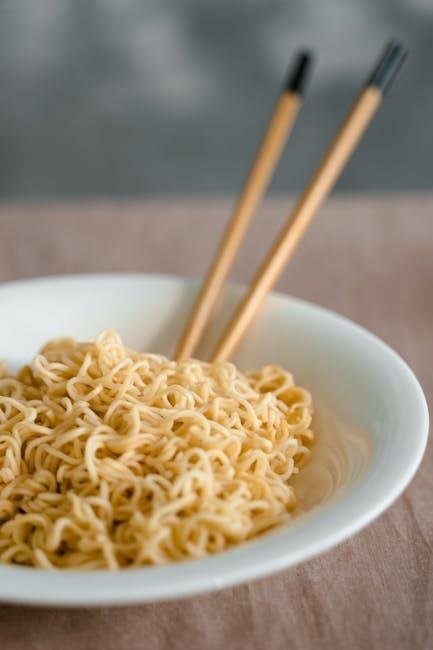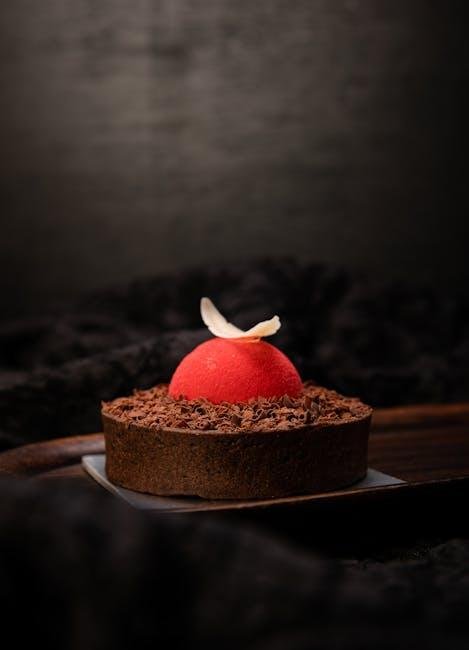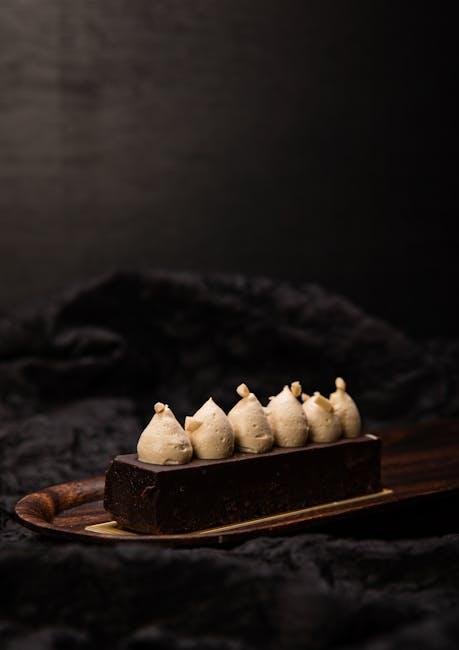The Ultimate Guide to Japanese Comfort Foods: A Culinary Journey through Tradition and Taste
When the chill of winter settles in or the stresses of daily life begin to weigh heavy on the heart, frequently enough the simplest pleasures provide the greatest solace.In Japan, food is not merely sustenance; it is indeed an intricate tapestry woven from culture, emotion, and tradition. Enter the realm of Japanese comfort foods, where each bowl of steaming noodles, each bite of savory rice, or each slice of fluffy cake tells a story of warmth and familiarity. In this ultimate guide, we embark on a culinary journey through the heart of Japan’s most beloved comforting dishes. From the steaming embrace of ramen and the heartwarming hug of nabe,to the sweet delight of dorayaki,we will explore the history,ingredients,and cooking techniques that bring these dishes to life. Whether you’re a seasoned chef or a curious foodie, this guide will invite you to savor the flavors that evoke nostalgia and create a sense of home, no matter where you are.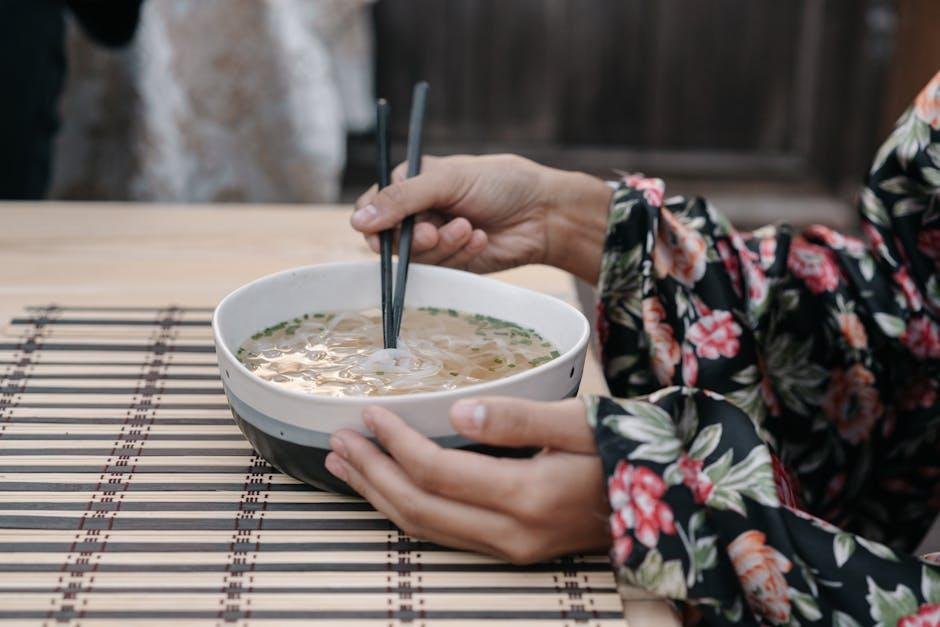
Exploring the heartwarming Classics of Japanese Comfort Food
Japanese comfort food is often a reflection of the nation’s cultural heritage and a celebration of simplicity and warmth. Each dish tells a story, often passed down through generations. Among the most cherished are ramen, bursting with flavorful broth and topped with juicy chashu pork, green onions, and a soft-boiled egg, and udon, the thick, chewy noodles served in a rich dashi-based soup. Another classic is takikomi gohan, a fragrant rice dish infused with seasonal vegetables, mushrooms, and sometimes, tender pieces of chicken or eel, making every bite a reminder of home.
Furthermore, don’t overlook heartwarming favorites like nikujaga, a delightful meat and potato stew simmered in soy sauce and mirin that evokes memories of family dinners, or omurice, a unique fusion of Japanese omelette and fried rice that encapsulates comfort in every fluffy bite. For a sweet finish, mochi offers chewy satisfaction with a perfect blend of glutinous rice and sweet fillings. below is a table highlighting some must-try dishes:
| Dish | description |
|---|---|
| Ramen | Noodles in savory broth, rich with toppings like pork and egg. |
| Udon | Thick, hearty noodles served in a warm, flavorful broth. |
| Takikomi Gohan | seasoned rice dish cooked with various vegetables and proteins. |
| Nikujaga | Comforting meat and potato stew simmered in a savory sauce. |
| Omurice | Omelette wrapped around fried rice, topped with ketchup. |
| Mochi | Chewy rice cake with sweet fillings; a delightful treat. |

Seasonal Ingredients: Embracing nature’s Bounty in Traditional Dishes
Japanese cuisine is deeply intertwined with the rhythm of nature, embracing the seasonal availability of ingredients that define its comfort foods. Traditional dishes not only highlight these seasonal ingredients but also convey a cultural reverence for the changing seasons. For example, in spring, you’ll find dishes enriched with fresh sakura (cherry blossoms) and bamboo shoots, while summer brings the vibrant cucumbers and eggplants to the fore. As autumn arrives, rich, earthy flavors are celebrated with ingredients like chestnuts and matsutake mushrooms, culminating in the hearty winter dishes featuring kabocha (Japanese pumpkin) and daikon that warm the soul during chillier months.
In traditional recipes, seasonal ingredients are often showcased in dishes such as miso soup or nabe (hot pot), allowing for variations that change with the seasons. These dishes not only nourish but also create a sense of community and tradition, often brought to life at family gatherings and seasonal festivals. Below is a simple table showcasing how different ingredients are utilized throughout the year:
| Season | Key Ingredients | Popular Dishes |
|---|---|---|
| Spring | Sakura, Bamboo Shoots | Chirashi Sushi |
| Summer | Cucumbers, Eggplants | Hiyashi Chūka (Cold Ramen) |
| Autumn | Chestnuts, Matsutake | Chestnut Rice, Mushroom Tempura |
| Winter | Kabocha, Daikon | Nabe (Hot Pot) |
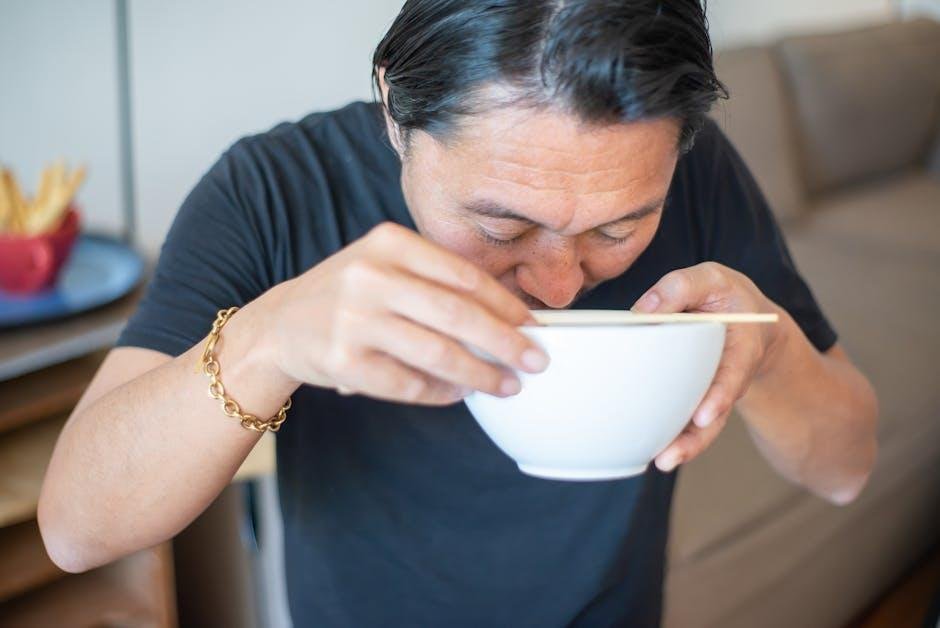
Crafting the Perfect Bowl: Techniques for Authentic Homemade Japanese comfort Food
Creating an authentic Japanese comfort food bowl requires a balanced harmony of ingredients, flavors, and textures, offering nourishment both physically and emotionally. Start with a tasty base of rice or noodles; for rice, consider using short-grain sushi rice, which becomes wonderfully sticky when cooked. Alternatively, udon or soba noodles provide a delightful chewiness and can be combined with various toppings. Once you have your foundation, enhance it with a hearty broth or sauce, such as a rich dashi or a savory soy sauce mixture.This is where creativity shines—don’t hesitate to incorporate ingredients such as miso, soy sauce, or even curry, making adjustments based on seasonal availability and personal preferences.
The art of topping your bowl is just as crucial as the base. A well-crafted bowl often features an array of colorful and textural elements, such as sautéed vegetables, tender meats, and fresh herbs. Some classic toppings to consider include:
- Chashu pork – Slow-braised for maximum tenderness.
- Tempura vegetables - Lightly battered and fried for a crunchy contrast.
- Scallions and sesame seeds - For a burst of flavor and a touch of elegance.
- Nori strips – To add a hint of umami and a delightful note of ocean flavor.
Recipe personalization plays a pivotal role in crafting your ultimate bowl. By layering flavors and textures thoughtfully, you can invoke the warm embrace of homemade japanese comfort food, ensuring each bite is as satisfying as the last.
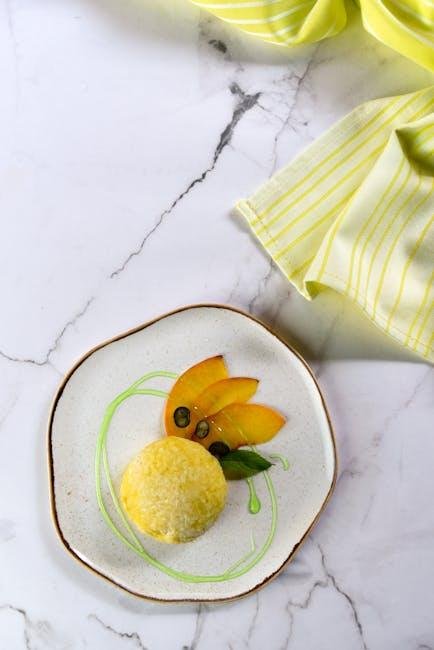
Sweet Endings: Indulging in Japan’s Favorite Dessert Delights
Japan is renowned for its diverse and delectable dessert offerings that truly embody the harmony of flavors and textures. From rich and creamy to light and refreshing, each sweet treat tells a story of its own.Popular among locals and visitors alike are mochi, soft glutinous rice cakes that come filled with sweet bean paste or ice cream, making for a delightful treat that is both chewy and satisfying. Another favorite is macha (green tea) ice cream, which combines earthy flavors with a creamy texture, offering a taste of traditional Japanese tea culture in a refreshing form.
For those seeking something more elaborate, the beautifully crafted wagashi (traditional Japanese sweets) are a feast for the eyes as well as the palate. These intricate confections are often enjoyed with tea and showcase seasonal ingredients and vibrant colors. Moreover, dorayaki, which are fluffy pancakes filled with sweet red bean paste, provide a comforting sweetness reminiscent of childhood treats. Here’s a quick look at some of the must-try desserts in Japan:
| Dessert | Description |
|---|---|
| Mochi | Soft rice cakes filled with sweetened red bean paste or ice cream. |
| matcha ice Cream | Creamy ice cream flavored with premium green tea powder. |
| Wagashi | Artistic traditional sweets made with seasonal ingredients. |
| Dorayaki | Fluffy pancakes with sweet red bean filling. |
In Conclusion
As we close the chapter on our culinary journey through the heartwarming world of Japanese comfort foods, we hope you’ve found inspiration in the delightful array of flavors and traditions that embody this vibrant culture. From steaming bowls of ramen to the simple elegance of a home-cooked donburi, these dishes tell stories of warmth, resilience, and family bonds woven together by generations of cooks.
While recipes may vary from region to region,the essence of comfort remains constant—a reminder of home,a taste of nostalgia,and a celebration of the everyday moments that nourish not just our bodies,but our souls. So whether you’re a seasoned chef or a curious beginner, may this guide serve as a cherished resource, inviting you to explore, experiment, and savor each bite.
Here’s to discovering your own comfort in the flavors of Japan, one dish at a time.Happy cooking!


